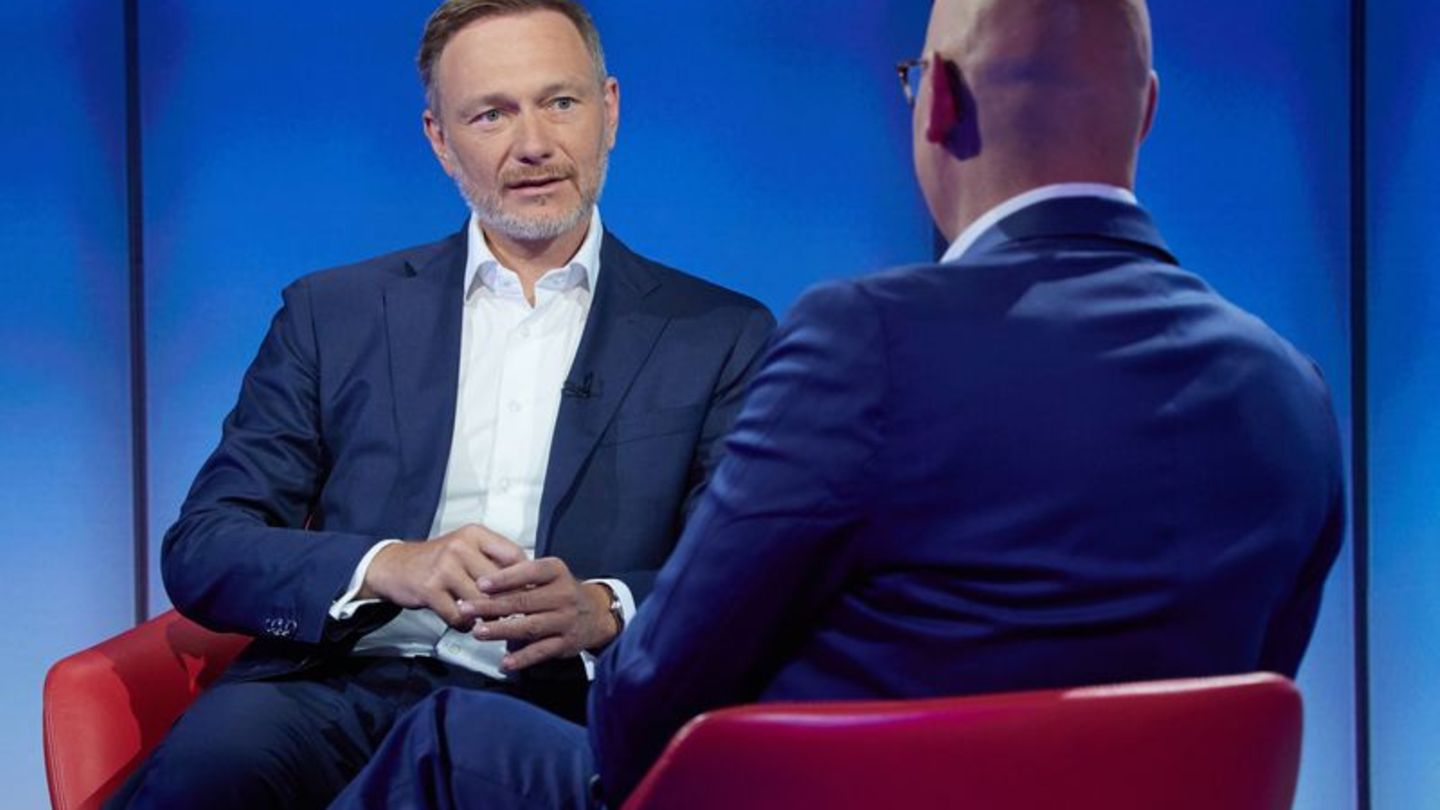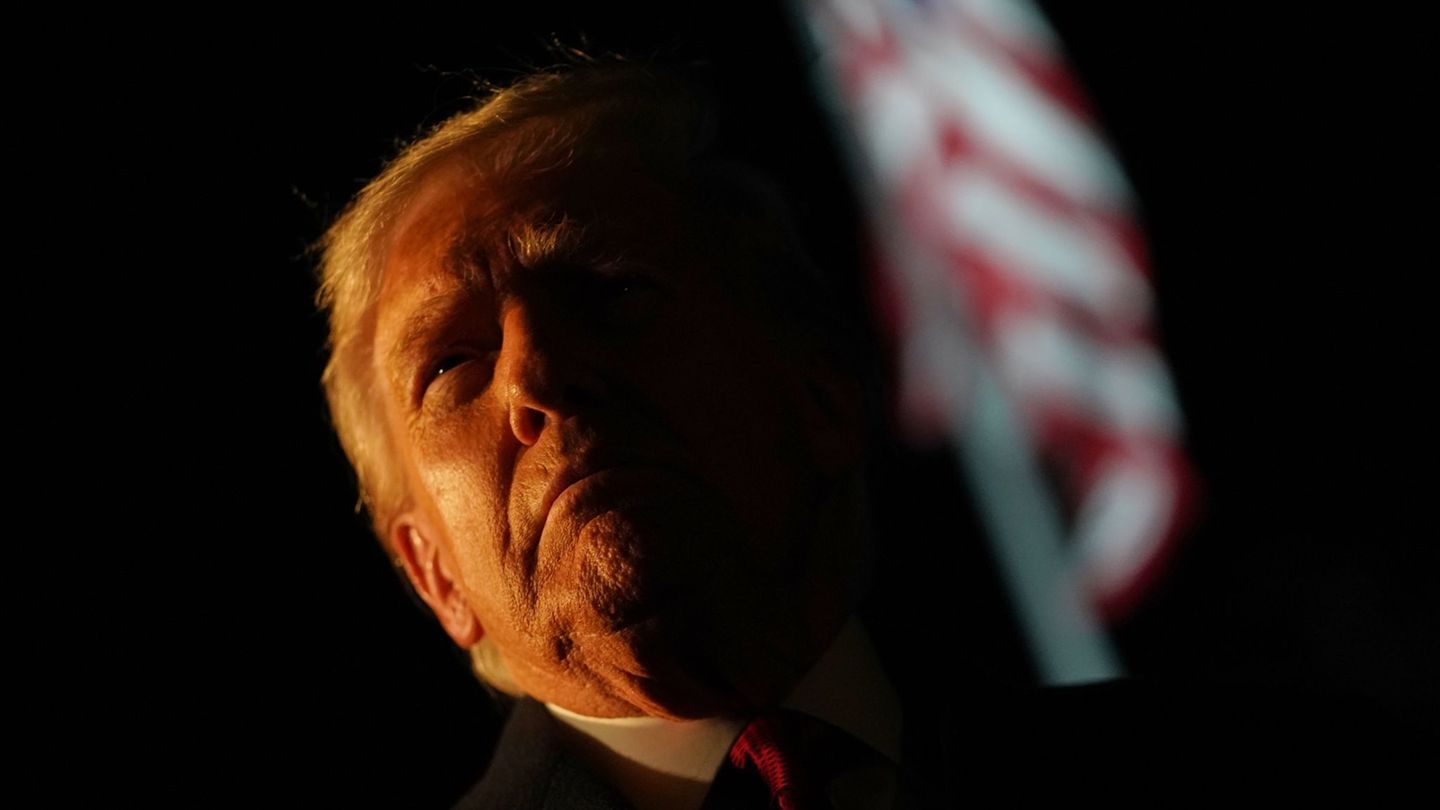In view of the changed security situation, Defense Minister Pistorius is demanding more money for the Bundeswehr, but Finance Minister Lindner is rebuffed. After all, it is taxpayers’ money.
Federal Finance Minister Christian Lindner has defended his course in the tug-of-war over spending on the German armed forces. “We have reached the two percent target for NATO, for the first time in many, many years,” said the FDP leader in an interview with ARD’s “Capital Studio”. They are doing more than France and Italy. In the coming years, at least two percent of economic output will continue to be available for security. “Now I have to turn the tables: it is not the case that everything the Defense Minister says is automatically justified and correct.” Lindner stressed that it is about taxpayers’ money and the efficiency of the allocation of funds.
Defense spending of around 52 billion euros
According to Defense Minister Boris Pistorius (SPD), the funds earmarked for the coming year are too low considering the international security situation and possible threats to Germany. The draft budget approved by the Federal Cabinet provides for the defense budget to grow by 1.25 billion euros from the current level of around 52 billion euros. Pistorius had demanded significantly more.
“We in the federal government need to have another fundamental discussion about how we want to ensure our security,” the SPD politician told the “Tagesspiegel” newspaper a few days ago. “I will continue to advocate that the Bundeswehr receives the money it needs in view of the all too real threat from Russia. The next opportunity for this will be the parliamentary process.” The Bundestag will begin deliberations on the draft budget after the summer break. The decision is planned towards the end of the year.
Lindner spoke in the social media format “Ask yourself”, where viewers can submit questions online and which was shown online before the broadcast of the classic ARD “summer interview” on Sunday. What Pistorius was able to demonstrate with figures, such as what he specifically needed for higher operating costs, was also granted to him beyond the financial planning, the finance minister stressed. In the summer interview itself, he said on the subject: “Mr. Pistorius has a 100 billion euro special program for the strengthening of the armed forces, which none of his predecessors had. You can work with that, and you have to manage it.”
Source: Stern
I have been working in the news industry for over 6 years, first as a reporter and now as an editor. I have covered politics extensively, and my work has appeared in major newspapers and online news outlets around the world. In addition to my writing, I also contribute regularly to 24 Hours World.




